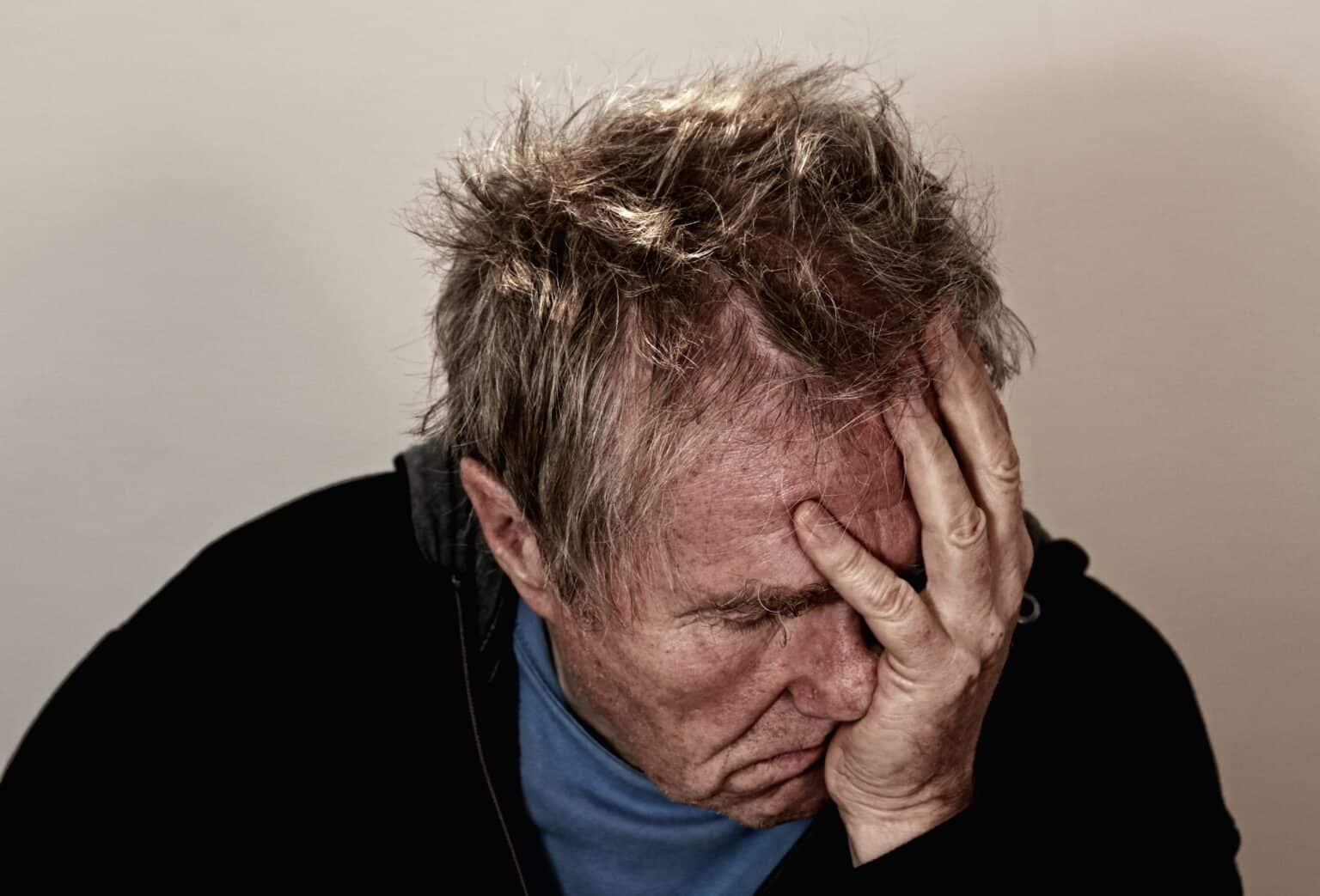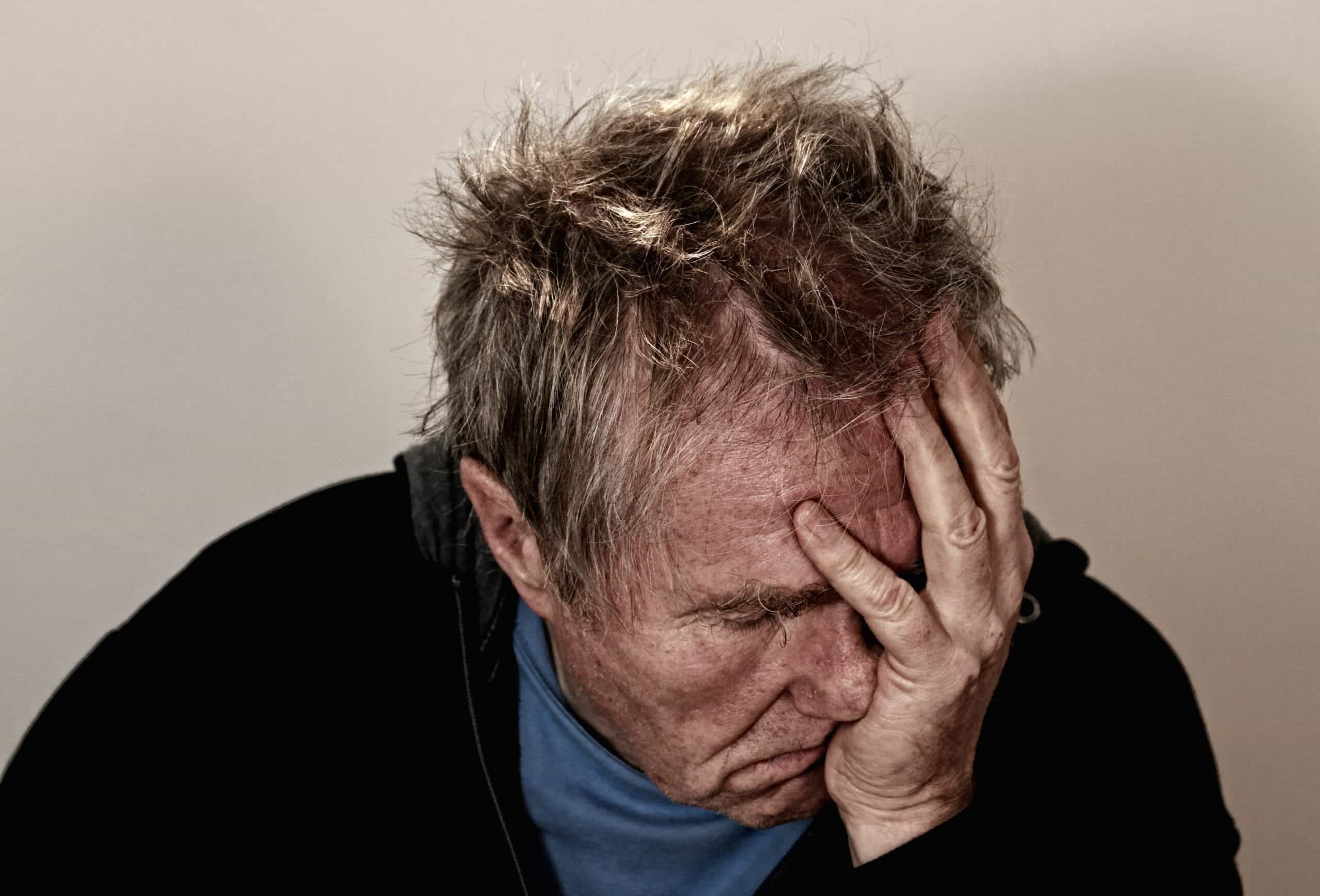Choosing to recover from substance addiction is one of the bravest things a person can do. Unfortunately, if a person has been using drugs regularly for a long time, they are more than likely going to suffer from withdrawal symptoms. Withdrawal symptoms are different for everyone and depend on a variety of factors such as the person’s age and their psychological and physical traits. No two people will experience exactly the same symptoms which can range from mild to extremely severe. Some withdrawal symptoms can be life-threatening, and it is not a good idea to attempt to detox without medication-assisted treatment at the hands of professionals.
In this article, we will explain exactly what withdrawal is, the symptoms of withdrawal, and the importance of detoxing from drugs with medical intervention.
Withdrawal Explained
The more dependent your body becomes on drugs the more it finds a way to adapt to the drugs that are in its system. If drugs are stopped abruptly, especially after long-term use, a person can become extremely ill and will experience a plethora of dangerous withdrawal symptoms. The reason for this is that the body is trying to adapt to the sudden absence of the substance that it has gotten so used to.
The brain has a neurotransmitter called dopamine that is enhanced by substance abuse. After long periods of drug use, the brain will stop producing its dopamine and rely on the drug to achieve the same effects.

The Facts
- An abrupt halt on the use of drugs causes the brain to produce lower dopamine levels that can lead to severe anxiety and depression.
- Withdrawal is in essence a combination of the mental and physical effects that the patient will experience when they reduce or stop the intake of the substance that their body has come to rely on.
- Withdrawal is unpleasant and can be life-threatening if not treated properly. It is important for a person who wants to break the addiction cycle to speak to a professional once they have decided to stop using drugs or alcohol.
Why Does Withdrawal Happen?
Normally the body and the brain will work together to maintain a certain level of homeostasis. Once an addictive substance is introduced to the body this balance will start to change. Abuse of drugs or alcohol starts to change the function of the brain’s reward system and triggers the release of certain chemicals. Once this happens the body proceeds to take steps in which to adjust to the change by changing the level of certain neurotransmitters in the brain.
Eventually, the body will build up a tolerance and become dependent on the substance that is being used. Once tolerance happens the body will require more of the substance to avoid it from going through withdrawal side-effects.
The Symptoms of Withdrawal
The type of drug that a person has been taking will often affect the types of withdrawal symptoms that they will experience.
The most common symptoms of withdrawal are usually the following:
- Nausea and Vomiting
- Mood changes
- Fatigue
- Irritability and restlessness
- Sleeping problems
- Muscle pain
- Tremors
- Shakiness
- Runny Nose
These symptoms may only last for a few days, but the psychological effects of withdrawal can last for much longer and can include depression and anxiety if people are not treated properly.
In some cases symptoms can be more severe and can include:
- Seizures
- Delirium
- Hallucinations
- Coma
- Death
It is for this very reason that people wanting to detox from drugs should seek medical assistance and do not attempt to detox on their own.
At The Retreat of Broward, you’ll have a detox experience unlike any other. Allow us to assist you in regaining your peace and constructing a better future. You will be able to heal in an atmosphere free of stress and other causes during inpatient detox. Learn more about the services we provide and how we can help you or a loved one get on the road to recovery. When you start your treatment with a healthy, medically assisted detox, addiction does not have the final say.
Types of Withdrawal and Their Symptoms
As previously stated, withdrawal symptoms are not all the same and can vary depending on what type of substance is being abused. Typically, however, all types of substance abuse will produce some kind of side effect during the withdrawal process.
The Withdrawal Symptoms of Alcohol
Stopping alcohol suddenly after drinking for a long period can cause a wide range of withdrawal symptoms. In many cases, these symptoms may trigger a relapse. It is important to note, however, that not every person that stops drinking alcohol will experience withdrawal symptoms. The severity of the symptoms varies according to the amount of alcohol that is being taken in every day and for how long the alcohol abuse has been going on.
The Withdrawal Symptoms of Prescription Drugs
The severity of withdrawal depends on how long a person has been abusing the prescription medication as well as how much of the drug they have been taking daily.
The Withdrawal Symptoms of Heroin, Cocaine and Other Dangerous Drugs
Heroin and Cocaine can cause some extremely severe and dangerous withdrawal symptoms. These severe symptoms normally last for about seven days, however, some patients can suffer from, post-acute withdrawal syndrome (PAWS) that can last for weeks or even months.
Why Is Medical Detox Important when Treating Withdrawal?
Heroin, cocaine, painkillers, alcohol, and prescription drug abuse are extremely dangerous but deciding to stop and detox the body without the help of a professional can be even more dangerous and lead to life-threatening symptoms and even death. A person addicted to these substances can receive professional drug detox medications and undergo programs from a rehabilitation center to minimize the instance of dangerous withdrawal symptoms.

This will allow the patient to safely withdraw from substances without the increased risk of severe life and death complications. Medically assisted treatment during detoxification can help patients to recover from their dependence on drugs while at the same time relieve any adverse withdrawal symptoms that they may be experiencing. In a rehabilitation setting, these people will receive round-the-clock medical care and supervision while they are going through their medical detox program.
At The Retreat of Broward, our goal is to place you in the best facility possible so that you can heal and find long-term healing. If you visit one of our facilities or another, we will assist anyone who approaches us in finding the best place for them to recover. Our team is here to represent you. Our mission is to assist you in overcoming the challenges or roadblocks that you can encounter during your early recovery. Although dealing with some problems alone can be overwhelming, our team can work with you on legal, financial, technical, or other issues. We will assist you in thriving during your early recovery.
Medications Used to Help Curb Withdrawal Symptoms
Medical detox centers will often prescribe different medications to help curb the symptoms of withdrawal. The type of medication that is prescribed varies on the type of substance that was being abused.
Medications used to treat the various symptoms of withdrawal are the following:
- uprenex
- Methadone
- Catapres
- Valium
- Ativan
- Librium
Other medications can be used to manage other types of withdrawal symptoms such as a range of anti-anxiety medication, anticonvulsants, and antipsychotics.
Other Ways to Cope During Withdrawal
While medical support is critical when fighting addiction and withdrawal symptoms, several other things can be done to make the process of withdrawal easier for a person to deal with.
You Are Not Alone
The patient must remember that they are not alone, and it is important to have emotional and social support from family and loved ones. The patient also needs to allow family members that they can trust to check in on them as much as possible so that they can be of support during the detox and withdrawal process.
Focus On Healthy Eating
Staying healthy and keeping strong is significantly enhanced if the person eats nutritious well-balanced meals and tries to stay away from sugar and oily foods. A healthy body can often help to complement a healthy mindset.
Get Plenty of Exercise
It is also important for a person going through detox to get in as much physical activity as their schedule allows every day. Even just going for a brisk walk can help to naturally heighten their mood and increase feel-good endorphins.
Drink Water
Staying hydrated will help to ease several withdrawal symptoms such as nausea and vomiting. A person who is going through withdrawal should endeavor to get in as many healthy fluids as possible.
Get Enough Quality Sleep
Sleep is extremely important when a person is going through detox and withdrawal. Unfortunately, withdrawal symptoms can lead to sleeping difficulties.
The patient needs to address their doctor to see if there is any medication that can be prescribed to help them achieve a regular and healthy sleeping pattern.
Stress Management
Less stress means less temptation for a person to turn to drugs for relief. It can also help the patient to cope during the withdrawal process. Meditation and yoga are excellent ways in which to reduce stress.
At The Retreat of Broward, you will find a loving, professional team, a convenient, quiet facility, and therapists who strive to help you understand and overcome your addiction in our opioid and alcohol recovery program.
We have both private and semi-private rooms available so you can start your recovery in a comfortable and secure environment. Our mission is to assist you in achieving positive and long-term sobriety.













